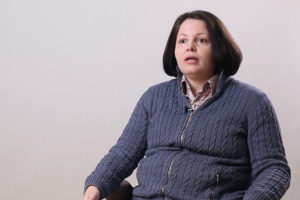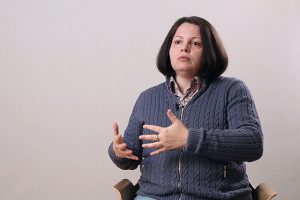National Identity in the Age of Migration
Sociologist Peter Kivisto on Eugen Weber, settler states, and Jihadist terrorism
What questions are involved in rethinking and redesigning the physical library? What are the problems of database-type libraries? Will there be physical libraries in the future? Professor of Romance Languages & Literature at The Harvard Graduate School of Design, Jeffrey Schnapp, speaks on transforming the concept of the library.
We have a new problem, an increasingly acute problem of the redundancy between digital and analogue. It’s a redundancy that I think has posed a really interesting set of questions for the publishing industry too. Sometimes I like to read in analogue-form, sometimes I like to read on my device. Which kind of device? How do I design forms of communication around this fluid universe where documents can shift from one to the other, and where we have not only redundancies, but we have versions, sometimes different versions?
The community that reads Google Books or that works with Europeana is a community that is extraordinarily heterogeneous — it’s distributed all over the world. The documents are being accessed from all time-zones at the same time, and if we could design database-type libraries to tap into the tremendous power of those communities we are looking at, maybe a different kind of vision of what a library is. We are certainly looking at a different vision of what a database is than has been the vision to this day.
The reality of the library today, the reality of the library in a world where information is so abundant, and where many library-forms have quite properly and powerfully migrated into the world wide web, is a new multiple reality. It’s a multiple scenario that’s required: we need libraries that are focused on research. Those may not look at all like the little local public library that services a community of people who don’t have access to rich resources, or who are located in a rural environment. There’s a need for libraries that are temporary, that are pop-up libraries, that don’t perform what was once the traditional function of the library, which is to preserve, to store, to guarantee continuity. We need all kinds of hybridities between these different types of libraries.

Sociologist Peter Kivisto on Eugen Weber, settler states, and Jihadist terrorism

Media Scientist Renira Rampazzo Gambarato on three different types of transmedia stories, ‘The Matrix’ and why...

Media Scientist Renira Rampazzo Gambarato on the theory of systems, the elements of transmedia storytelling, a...